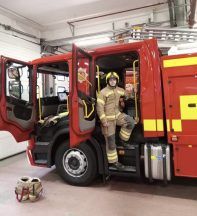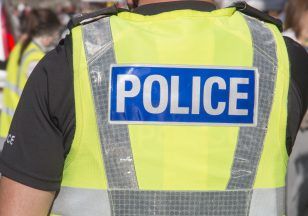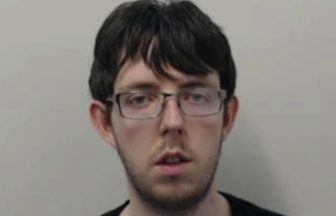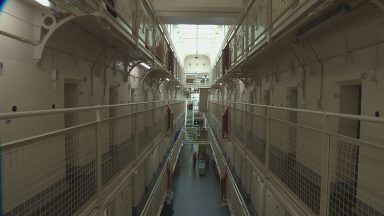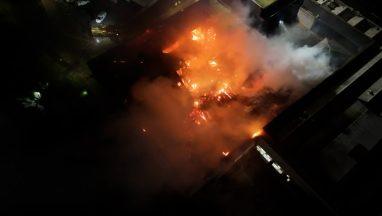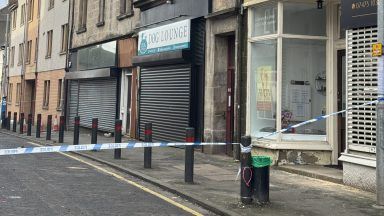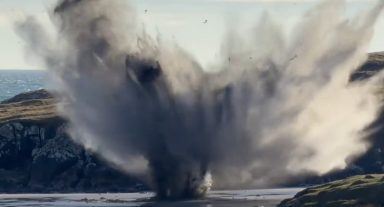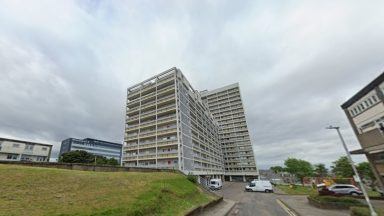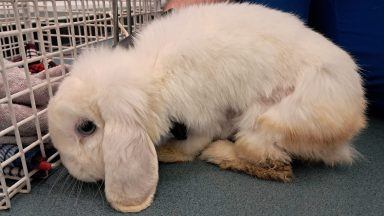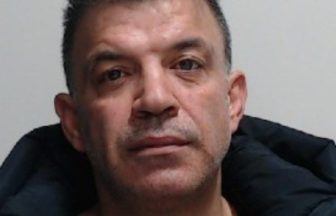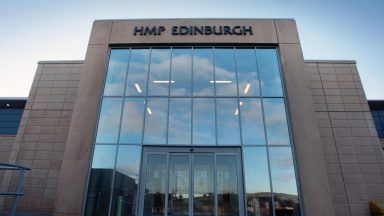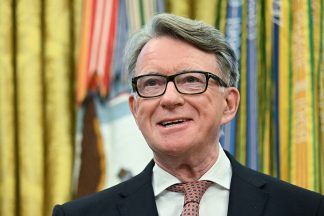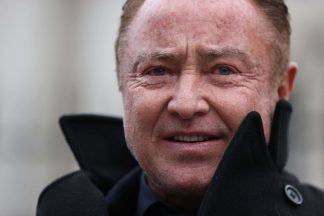NHS Tayside has been warned not to blame individuals for the destruction of log books relating to disgraced neurosurgeon Sam Eljamel, despite a “do not destroy order issued months earlier, an inquiry has heard.
The Eljamel Inquiry, set up to investigate the surgeon’s professional practice, was announced by the Scottish Government in September 2023.
Eljamel, originally from Libya, was head of neurosurgery at Dundee’s Ninewells Hospital from 1995 until his suspension in December 2013.
Following his suspension, the surgeon resigned from his post in May 2014 and removed himself from the General Medical Register in 2015, and to date, 138 former patients who claim they were harmed by him are listed as core participants at the public inquiry.
The inquiry was previously told that, despite the “do not destroy” order issued by inquiry chairman Lord Weir in October 2024, around 40 hard copy theatre log books linked to Eljamel have been destroyed by NHS Tayside employees this year.
On Thursday, senior counsel for the inquiry, Jamie Dawson KC, described the situation as “troubling”, and said the destruction of documents “had occurred in real time rather than historically”, and it could have “potentially serious legal consequences”.
He said: “NHS Tayside says the individuals involved were not aware of the connection between the theatre log books and Eljamel.
“Blaming the individuals will simply not do when those individuals were acting in the course of their employment with the board. The board has a responsibility to ensure that the obligations placed on it by the inquiry are adhered to in its work.”
Mr Dawson added: “No doubt patients who harbour concerns about their records will approach NHS Tayside’s claim that the evidence will be found in them with a degree of scepticism.”
He also called for clarity from the health board regarding “concessions” made about the inadequacy of treatment and the organisation’s response to complaints.
Mr Dawson added: “NHS Tayside is a corporate entity created by statute. As a corporate entity, it has no means of interacting with the outside world. It requires to rely on doctors, nurses, administrative staff to act on its behalf.
“This inquiry will expect NHS Tayside to answer for the actions of individuals who did things in its name, on its watch and in the discharge of its legal responsibilities.
“The idea that the corporate entity does not need to answer for the way in which those individuals interacted with the outside world on its behalf will not be tolerated.”
He rejected calls from the patients’ group representative, Joanna Cherry KC, to expand the inquiry to consider private practice, but said it would consider whether NHS Fife should be included as a body, as suggested by patients.
Mr Dawson said: “This is an inquiry which is predominantly about the NHS and the extent to which systems which did enough to protect Eljamel’s NHS patients from harm.
“They do, however, require us to look at aspects of private care through that NHS lens, including whether Eljamel’s commitments to private practice contributed to adverse outcomes for his NHS patients.”
He defended the independent clinical review (ICR), led by independent neurosurgeons to examine individual cases, and said the inquiry would “seek to draw conclusions from collective experiences”.
Mr Dawson said: “A highly eminent surgeon recently described the ICR as the biggest examination of neurosurgical practice in UK history.”
He also told the inquiry that Eljamel is believed to have fled to Libya.
Mr Dawson said further aspects of Eljamel’s business arrangements are being explored, but the inquiry does not have the power to bring him from Libya to Scotland to answer “very reasonable and voluminous questions”, in a response to opening statements by other parties.
Ewan McGillivray, representing the ICR, said 450 neurosurgeons are being contacted to consider participating, and there have been 474 patient registrations, with 354 consent forms completed to share information with the inquiry, ahead of the deadline of December 1.
Shane Dundas, representing Healthcare Improvement Scotland (HIS) and NHS Education for Scotland (NES), said previous statutory bodies’ roles would be examined before the creation of HIS in 2011, including the Clinical Standards Board, which was established in 1999.
He said: “One of the areas of investigation is the role other bodies played, or could have played, in the care provided by Eljamel to former NHS patients… in relation to the maintenance of healthcare standards over the relevant period.”
The inquiry’s terms of reference were set out by Scottish health secretary Neil Gray earlier this year, with a police investigation running concurrently.
The inquiry in Edinburgh will resume on a later date.
Follow STV News on WhatsApp
Scan the QR code on your mobile device for all the latest news from around the country


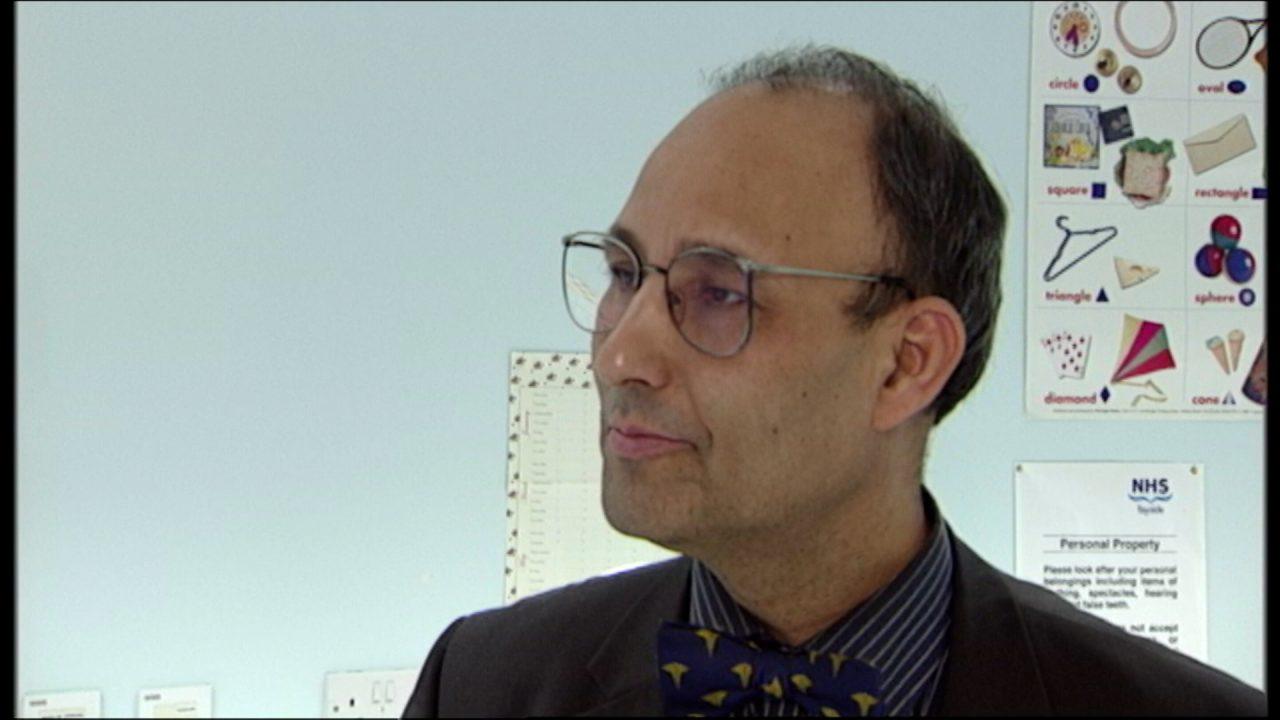 STV News
STV News

